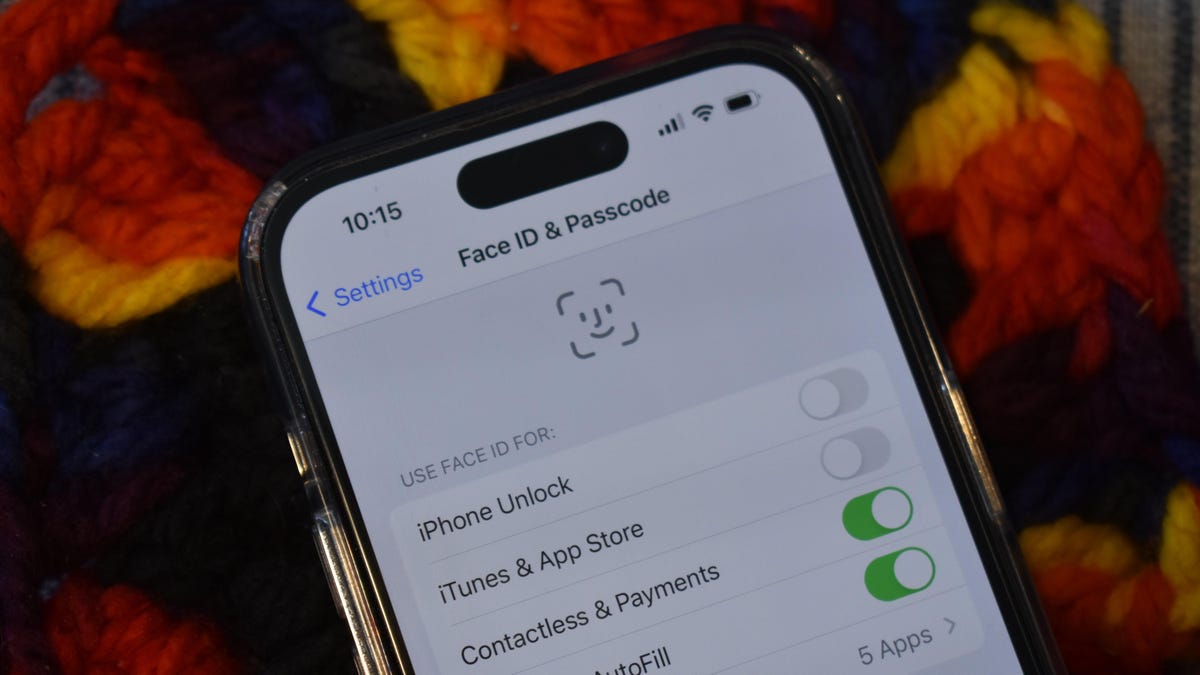
April 26, 2024 at 11:37AM
Summary:
The 9th Circuit Court of Appeals ruled that police lawfully used a suspect’s fingerprint to unlock his phone. This raises concerns about biometric privacy, especially for groups likely to interact with law enforcement. Experts recommend disabling biometrics when interacting with the police, citing legal ambiguities and the potential risk of access to sensitive information.
The meeting notes detail a recent ruling by the 9th Circuit Court of Appeals in California, which concluded that state highway police were within their rights when they forcibly unlocked a suspect’s phone using their fingerprint. The ruling, in the case of United States v. Jeremy Travis Payne, found that the officers did not violate the suspect’s 5th Amendment rights against self-incrimination or the 4th Amendment’s protection against unlawful search and seizure by using his thumbprint to unlock his phone. The court also noted that the use of biometrics in unlocking electronic devices is still an area of legal ambiguity, with no definitive precedent set forth.
The use of biometrics in unlocking phones has raised significant concerns, particularly for individuals who believe they may interact with the police, such as during protests. The notes highlight the recommendation to consider turning off biometrics on phones entirely, especially in such scenarios. The Electronic Frontier Foundation suggests turning off thumbprint or face unlock before attending protests, as it offers more protection under the 5th Amendment than biometrics. Additionally, it’s emphasized that turning off biometrics is not a complete safeguard, and individuals should also consider encrypting their apps and messages, as well as having a passcode for their device and apps.
The meeting notes also mention the lack of clear legal guidelines or protections for digital privacy and note the absence of a definitive legal opinion on the matter, ultimately suggesting that refraining from using biometrics at all may be the best approach until there is more legal clarity.